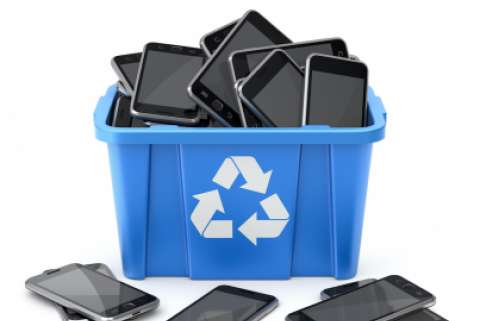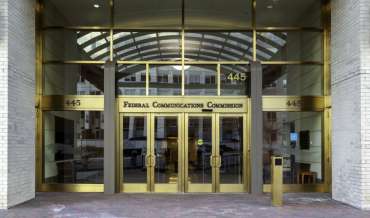In a Telephone Consumer Protection (TCPA) lawsuit with potential ramifications for the unsettled legal percent regarding recycled numbers, a district court ruled that a caller could reasonably rely on the consent of a previous subscriber when calling a number that had since been recycled to another user.
The facts of the case—Sandoe v. Boston Sci. Corp., Civil Action No. 18-11826-NMG, 2020 U.S. Dist. LEXIS 2800 (D. Mass. Jan. 8, 2020)—revolve around a medical provider using an automatic telephone dialing system (ATDS) to call a phone number that had been provided to them by a party who had consented to receive the calls under the relevant express consent standards. Unbeknownst to the defendant, the number had since been recycled to a new user, who subsequently filed a lawsuit for TCPA violations. The defendant moved for summary judgment under the argument that it could not have known that the number had been recycled to a new user and it was reasonably operating under the understanding that it had the proper consent to call the number. The court ruled in favor of the defendant and it is important to understand this decision in the larger context of recycled numbers and TCPA enforcement.
The Federal Communications Commission’s (FCC) 2015 TCPA Omnibus Declaratory Ruling and Order established a one-call safe harbor for reassigned phone numbers. This safe harbor applied to situations in which callers mistakenly called a phone number for which they had previously received consent but had since been reassigned to another person—exactly the same circumstances of the Sandoe case. In order to provide some protection to good faith telemarketers who encountered these circumstances, the FCC adopted a rule whereby callers were allowed to make one phone call to a phone number that had been reassigned without being held liable for a violation—whether or not the call resulted in the caller being informed of the number’s reassignment.
However, in 2018, the D.C. Circuit court’s ruling in ACA International v. FCC struck down this safe harbor. Finding it “arbitrary and capricious,” the court did away with the rule because the FCC did not offer any argument for why a caller should be held liable if it has no reason for being aware of the number’s reassignment. Indeed, the rule worked such that the safe harbor was exhausted after one call even if the call was not answered. Note that the FCC struck down this safe harbor because it did not provide enough protection to callers acting in good faith.
Unfortunately, this has created a legal environment where there are no protections at all for callers who find themselves in these circumstances. The FCC has announced that it will create a reassigned number database and introduce a new reassigned number safe harbor that makes use of this database. However, the final implementation of this database and the safe harbor has been delayed multiple times and will not happen until Summer 2020 at the earliest.
In the interim, most courts have not offered any protection to callers who make honest mistakes in calling recycled numbers. This Sandoe decision—following after a similar decision last year in Stewart L. Roark v. Credit One Bank, N.A., No. CV 16-173 (PAM/ECW), 2018 WL 5921652 (D. Minn. Nov. 13, 2018)—offers a welcome corrective and provides for some hope that courts may reasonably interpret these cases during the indeterminate time period until the creation of the FCC’s reassigned number database.





